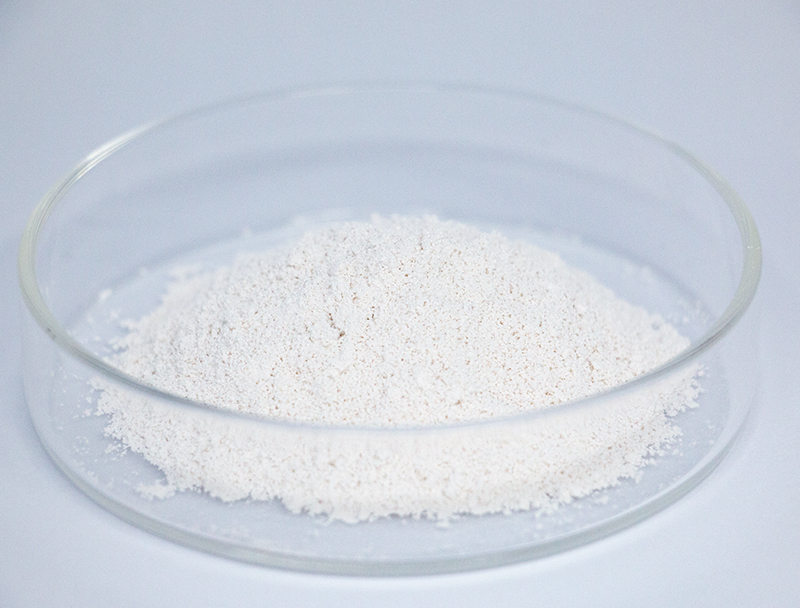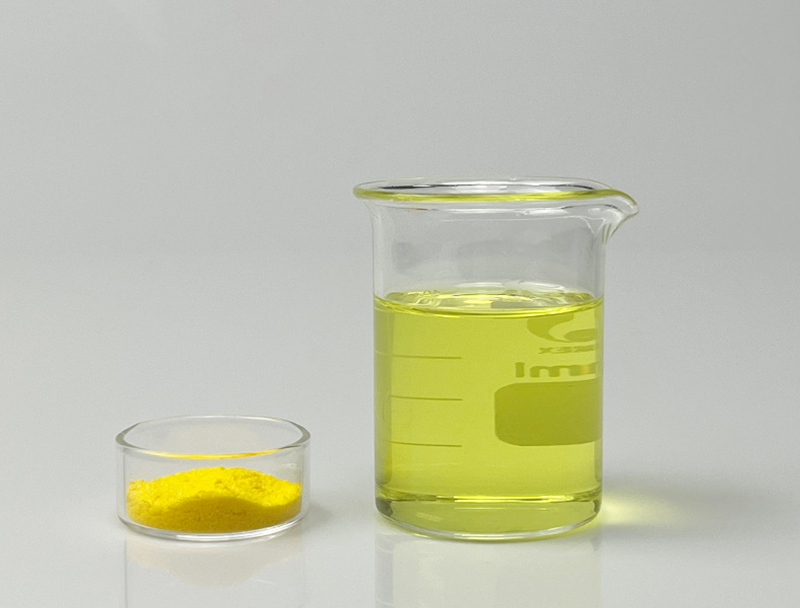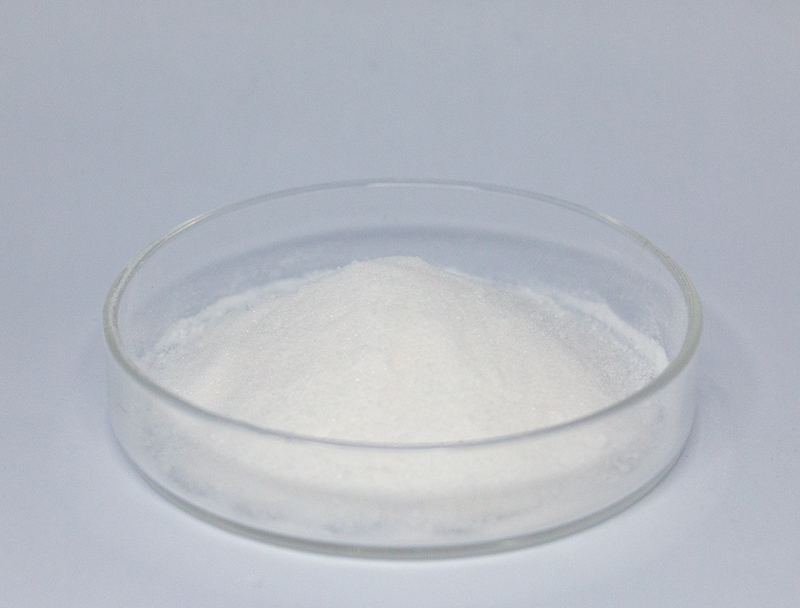
Industrial biosynthesis counts extensively on a comprehensive selection of base components for developing state-of-the-art biosolutions.
Ensuring long-term supply of raw inputs forms the foundation of durable, responsible industrial growth.
numerous problems stemming from established sourcing methods such as ecological damage and resource depletion. Hence, stakeholders must deploy sustainable supply practices to minimize environmental costs.
- Cases of responsible feedstock strategies feature:
- Utilizing renewable feedstocks derived from agricultural byproducts
- Adopting looped production models to decrease loss and amplify reuse
- Working with community-based suppliers that follow ethical standards
Such a move to ethical procurement delivers ecological gains and commercial returns over time.
Upgrading Feedstock Traits for Better Biofuel Performance
Raising biofuel yields involves refining feedstock structure and content. Researchers repeatedly investigate innovative methods to enhance feedstock potential, producing improved fuel yields and a lower-carbon energy pathway. Approaches include genomic enhancements to boost biomass growth and processing methods to convert complex lignocellulose into fermentable sugars.
- Also, studies emphasize discovering resources such as seaweed, organic waste, and residual straw to diversify sustainable feedstock supplies for fuels.
- Owing to ongoing work the biofuel domain is primed to reach substantial milestones advancing renewable energy adoption.

Biopharmaceutical Production: Innovations in Upstream Processes
entails beginning production stages such as cell growth and biomass recovery Contemporary breakthroughs have refined protocols and elevated product throughput.
Pivotal enhancements embrace high-performance cell lines, balanced media compositions, and intelligent reactor control systems. The improvements increase output while decreasing cost structures and sustainability impacts.
- Also, evolving practices favor continuous flow processing which supports more agile upstream control.
- This move toward intelligent production systems is expected to reshape the industry and hasten drug development.

Gene Editing Breakthroughs That Elevate Biopharma Output
developments in targeted genetic engineering methodologies have modernized drug manufacturing. Using precise gene interventions, engineers raise the output of key therapeutic proteins. The technique provides opportunities to manufacture economical, high-yield therapeutics for varied indications.
Microbial Biotechnology as a Sustainable Cleanup Strategy
cutting-edge microbial approaches that remediate contamination sustainably. Engineered and natural microbes can attenuate pollutants via metabolic conversion.. Employing microbial processes facilitates remediation approaches that preserve ecosystem integrity while reducing pollution.. Investigators study multiple microbial strains for abilities to transform metals, degrade agrochemicals, and process petroleum wastes.. Organisms may be utilized in controlled reactors or in place to accelerate contaminant decomposition through biodegradation..
Biotechnology-driven remediation delivers notable upsides compared to conventional cleanup tactics. These methods are economical and eco-conscious while reducing hazardous secondary waste. Similarly, microbe-based remediation affords specificity that avoids extensive ecosystem disturbance. The domain advances quickly, concentrating on raising reliability and performance of microbial cleanup methods.
Bioinformatics' Impact on Drug Design
Informatics platforms are essential to current drug discovery and development pipelines. By analyzing biological data to select and improve leads, computational methods support efficient drug development.
- By interrogating large-scale omics and clinical information, scientists find new targets and predict candidate efficacy.
- In addition, predictive simulations inform medicinal chemistry efforts to craft more efficacious drugs.
- Ultimately, informatics is transforming R&D and shortening timelines to deliver safe, efficacious therapies to patients.
Metabolic Design Approaches to Boost Bioproduct Yields
applies assorted techniques to boost microbial synthesis of valuable compounds. These strategies can involve genetic modifications to optimize metabolic pathways, regulation of gene expression, and the introduction of novel genes to confer new capabilities.. Via targeted metabolic optimization researchers can meaningfully escalate production of desired biochemicals.
Such holistic engineering could impact many areas including medical therapeutics, agricultural outputs, and biofuel production.

Scaling Biopharma Production: Hurdles and Advantages
Upscaling therapeutic manufacturing brings major obstacles along with promising prospects. Maintaining consistent product attributes with scale-up remains a central difficulty. Overcoming this requires advanced process control, continuous monitoring, and sensitive analytical platforms.

One issue is the complexity of biopharmaceutical manufacturing processes, which often involve multiple steps.. Transforming bench processes into industrial practice requires sustained research and engineering innovation. However, the potential rewards are substantial. Successful industrialization can broaden availability, trim costs, and raise profitability.
Various efforts target the core issues of industrialization. They encompass new process-improvement tools, in-line analytics for continuous oversight, and creative manufacturing approaches.
- Product development and process R&D are pivotal to boosting production capabilities.
- Government agencies are streamlining review procedures to permit quicker uptake of new production technologies and foster innovation.
Exploring Approval Frameworks for Biopharmaceutical Safety and Effectiveness
The development of biopharmaceuticals is a complex process that requires stringent regulatory oversight to ensure both patient safety and product efficacy. Biologically based treatments require tailored oversight and production controls beyond those for typical medicines.
Bodies like FDA and EMA shape the regulatory landscape and set benchmarks for evaluating innovative therapies..
Meticulous validation protocols are enforced from preclinical validation to long-term post-market evaluation.. The processes aim to expose risks and ensure that treatments meet exacting safety benchmarks.
Furthermore, regulatory bodies are constantly evolving their approaches to keep pace with the rapid advancements in biopharmaceutical research.. Policies involve deploying novel tech and expediting development while preserving commitment to patient safety.

Exploring the Potential of Plant-Based Biomass Feedstocks in Bioplastics
The expanding market for green materials prompts increased R&D into bio-based solutions. Converting plant biomass into bioplastics offers a credible pathway to environmentally sound products. Renewable inputs including cornstarch, cellulosic matter, and sugarcane biomass can be processed into biodegradable plastics that minimize long-term pollution.
Furthermore, these bioplastics often possess comparable properties to their petroleum-based counterparts, making them suitable for a wide range of applications.. Continued research and innovation in this field are crucial to unlocking the full potential of plant-based biomass feedstocks in the manufacture of sustainable bioplastics, paving the way for a circular economy.
Biotechnology's Potential to Transform Health and Food Supply
Biotech innovations hold promise to dramatically impact health and the reliability of food systems. Via genetic modification, synthetic design, and therapeutic cell technologies, researchers build solutions to control infections, increase crop productivity, and enrich food quality.. Consider genetically enhanced crops that resist pests and environmental stresses to improve production and reduce pesticide reliance.. Furthermore, biotechnology supports creation of vaccines, therapeutic agents, and advanced diagnostics that strengthen responses to infectious threats β-Nicotinamide Mononucleotide and enhance health outcomes.. Looking forward, continued biotech progress promises to deliver therapies and agricultural solutions that support health and sustainability worldwide.
